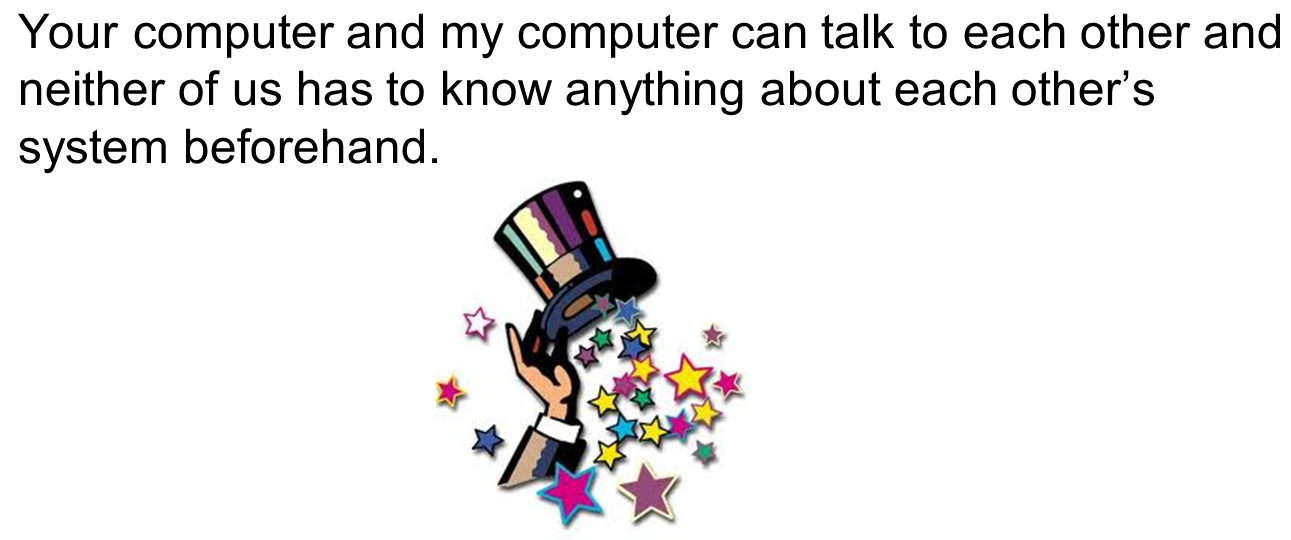TracNav menu
- An Introduction to ISO 15926
-
What is ISO 15926
- How Information Exchange is Supposed to Work
- How Information Exchange Actually Works
- How Information Exchange Works with ISO 15926
- How ISO 15926 Works
- A Bit of History
- Long Tail
-
Areas of Current Work
- Norwegian Continental Shelf
- MIMOSA
- JORD
- iRING
- Development of Standards
- Educational Material
- Getting Started With ISO 15926
- Other ISO 15926 Resources
-
Introduction to ''An Introduction to ISO 15926''
- ISO 15926 is Like a Babel Fish
- ISO 15926 is Like HTML
- ISO 15926 is Like English on Your Cell Phone
- About the Author
- ISO15926Primer_DiagnosticPage
What is ISO 15926?
Short Answer
Simply stated, ISO 15926 is a way of representing information so that it can be exchanged easier, cheaper, and more reliably.
It has been under development in various forms for many years, and has had many proof-of-concept trials. When the standard is mature, any Owner, EPC, Vendor or Constructor will be able to exchange information seamlessly with its business partners, regardless of the commercial plant design software that is used.
Think of all the times we have to copy information from here to there. Even though we get our information today in electronic form rather than printed catalogues, and often over the Internet, it still boils down to someone reading a document, figuring out what it means, deciding what is important, and manually transcribing the appropriate parts to some other document.
This takes time and introduces opportunity for human error. ISO 15926 seeks to put an end to the time and uncertainty in information exchange.
Based on a Counterintuitive Idea
ISO 15926 is based on a counterintuitive idea:
Traditionally when we exchange information we first try to know as much as possible about each other’s systems. We carefully examine each other’s data objects so that we know what they mean, and to exploit fortunate idiosyncrasies. We think we are being smart, and of course we are, but the cost is that we are forever locked into the particular software versions of the applications at each end of the exchange; if we change anything the information exchange may break.
But by using ISO 15296 we start to represent information in industry-standard forms rather than proprietary forms, and the more we do this, the less we are tied to particular software applications.
As we represent more and more of our information in industry standard form, the logical conclusion is the rather magical sounding phrase:
So that’s easy to say, but we've been working on this for decades. How does it work?
Next
Attachments
-
ISO15926Primer_04_WhatIs_c.png
(155.0 kB) - added by gordonrachar
12 years ago.
Seamless Information Exchange
- ISO15926Primer_04_WhatIs_a.png (139.2 kB) - added by gordonrachar 12 years ago.
- ISO15926Primer_04_WhatIs_b.png (207.2 kB) - added by gordonrachar 12 years ago.



